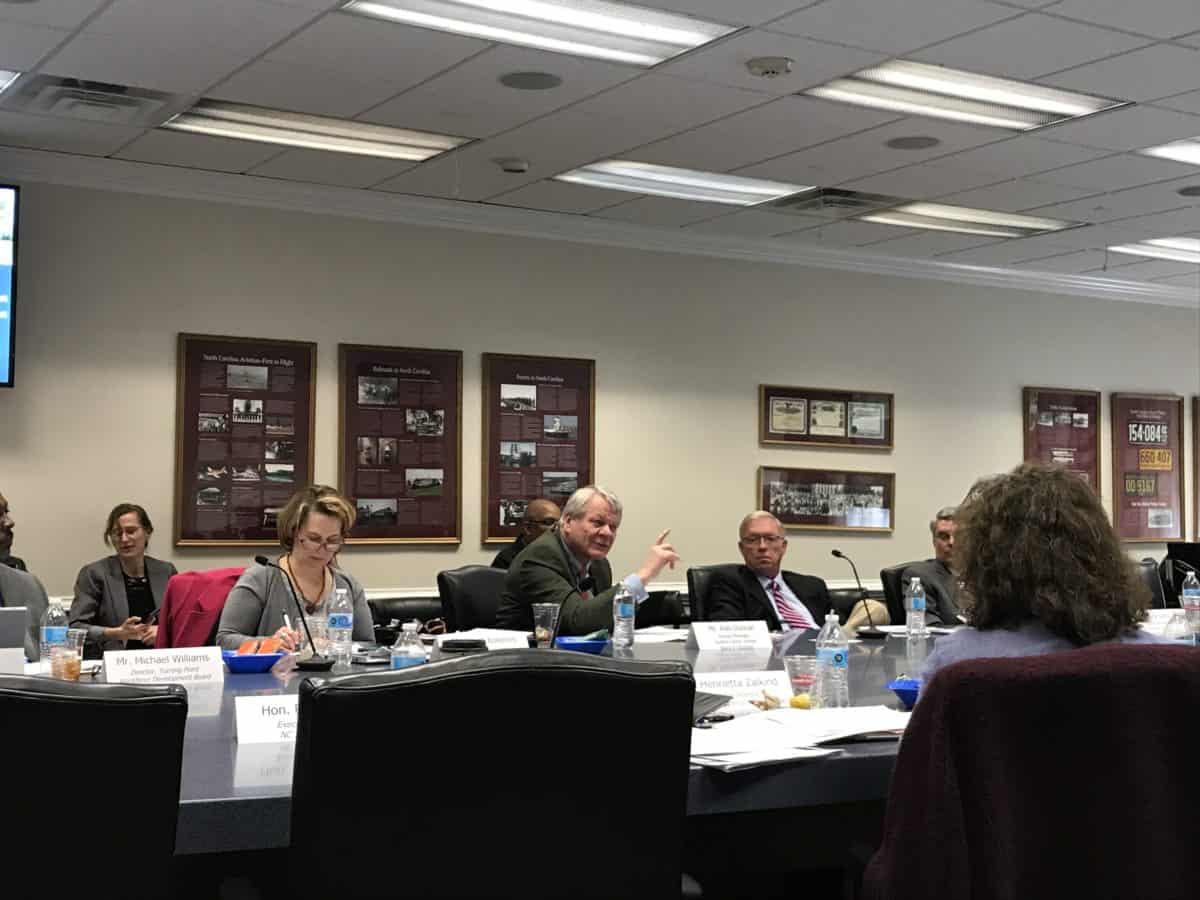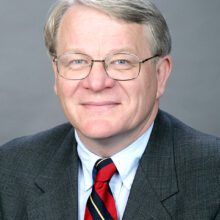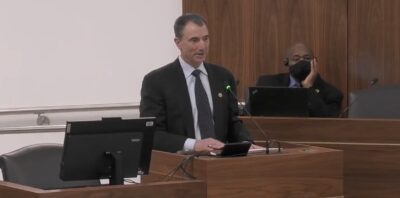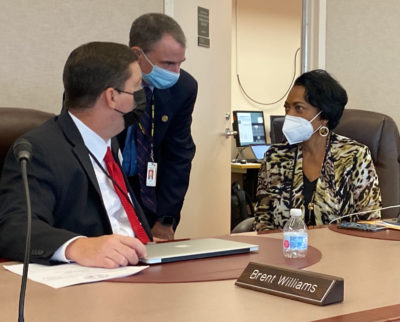
|
|
Dear Members of the General Assembly:
We are writing to provide concerns regarding the current version of Senate Bill 49, Parents’ Bill of Rights. While the bill contains some provisions that will help parents understand their rights and be better able to advocate for their children, the bill also contains some provisions that are problematic.
A new statute, G.S. 115C-76.60, is created by the bill entitled “Remedies for parent concerns.” It provides that if parents are not satisfied with the delivery of services by the local public school unit (PSU) with regard to the rights enumerated in the parents’ bill of rights statutes, they may request a “parental concern hearing.” This process requires the State Board of Education to appoint a qualified experienced attorney as a hearing officer. That hearing officer must “determine facts related to the dispute over the PSU’s procedure or practice, and render a recommended decision for resolution to the State Board…” Then the State Board must approve or reject the recommended decision at its next regularly scheduled board meeting.
The concern from the State Board’s perspective is that this process does not provide the State Board with any authority to enforce a decision that it might make with regard to a proposed resolution to the concerns. The authority and responsibility to address the concerns included in the bill are within the sole purview of the PSU. To make an appeal hearing decision meaningful under the terms of the bill would require authorizing the State Board to encroach upon the PSUs authority, undermining NC’s traditional approach to local control over these matters. A parental concern hearing process, without authority to enforce the decision made, will likely be a frustrating exercise in futility for all involved as well as a significant expenditure of resources without likelihood of an acceptable resolution.
It is also important to note that hearing officers, though appointed by the State Board, must be paid by the PSU against which the complaint is made based on the language in the bill. The bill does not provide funding for the payment of the hearing officers to PSUs nor provide the State Board with any possible remedy if the PSU does not pay the hearing officer fee. We ask that you consider a different and more effective process for resolving the parental concerns that may arise from this new law. In order to provide parents with an effective appeals process, the hearing needs to be at the PSU (district or charter school) level. This will allow the district boards of education and charter school boards that are the subject of parental concerns, to deal with those concerns directly and have the parties work on fashioning effective remedies. We would be glad to discuss with you such a local approach to achieve a better outcome.






